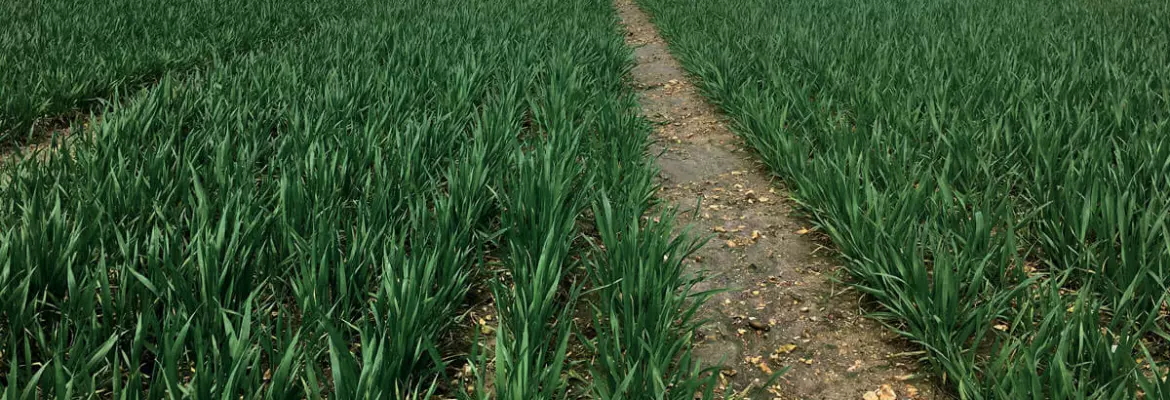
Weed management and adequate fertilisation for crop development are the major issues when combining organic farming with direct drilling or min-till seeding. That’s why it’s important to think about which cover crop to plant and how to manage it. Challenges and precautions to take to ensure the success of your organic crop management method.
Controlling weeds by choosing a suitable cover crop
When using minimum cultivation methods (min-till) or direct drilling in organic farming, cover crops are essential. They are often left on the field with the main crop. This is known as direct drilling in amulch-based cropping system (DMC). Cover crops enable you to keep the germination and development of undesirable species under control. They have to be highly competitive to prevent weed development between the main crops. They must also be capable of coming back after a pass with the roller to facilitate seeding. In a min-till cropping system, when you want to destroy the crop cover without ploughing or using a chemical weedkiller, while reducing the amount of tillage, you can opt for a roller, a shredder, destruction by frost, or using a mechanical tool for shallow tillage (such as a stubble cultivator) or mechanical weeding.
Direct drilling and min-till in organic farming: managing competition between cash crops and cover crops
In order to achieve optimum yields from cash crops, organic farmers need to know how to manage competition between cash crops and cover crops. Crop rotations are an essential part of the system for organic farming as well as soil conservation agriculture. The choice of varieties (one or two) is also a very important factor to take into account. It will depend on the soil and climate conditions in the region, as well as the desired height, dry matter potential, C/N ratio, planting date and main crop. The trials and practical experience gained during the first few years, as well as possible setbacks, often enable the right choices to be made.
Soil fertilisation and shallow tillage in organic farming
On grain-crop farms with no livestock, i.e., no farm-produced organic manure, it is difficult to control soil fertility. Once again, catch crops are an ideal solution. Generally, legumes such as clover, pea, and fava beans are among the chosen varieties. Clover does not appear to be suitable for DMC, as it is difficult to control with a roller and deteriorates quickly over the course of the season. However, the other two are perfectly adapted.
In addition, a starter fertiliser can be used for spot fertilisation on spring crops such as maize.
Sources:
- https://landes.chambre-agriculture.fr/fileadmin/user_upload/National/FAL_commun/publications/Nouvelle-Aquitaine/40_essais_agriculture_biologique_2018.pdf
- https://www.produire-bio.fr/wp-content/uploads/2017/05/Recueil-CTS-2017-light.pdf
